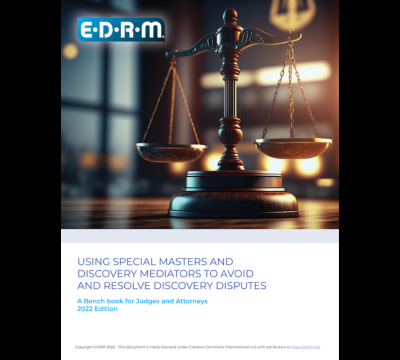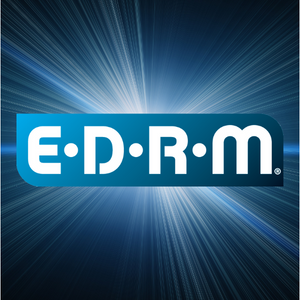A Bench book for Judges and Attorneys 2022 Edition

Federal and state rules of civil procedure are intended to secure the just, speedy and inexpensive determination of every action.
However, one activity that can thwart that goal is discovery, because the discovery process is often the most lengthy and expensive stage of civil litigation. To ensure that discovery occurs in a speedy and inexpensive manner, judges increasingly need to exercise their case management authority to create the appropriate incentives for the parties and their counsel to cooperate and move the case along. In fact, one of the primary reasons for amending the Federal Rules of Civil Procedure in 1983, 1993, 2000 and 2015 was to promote greater judicial involvement in the discovery process.
With docket backlogs and diminishing court budgets, judges can benefit from the assistance of judicial adjuncts (e.g. special masters, discovery mediators, and court-appointed neutrals). This is increasingly true because while eDiscovery was once associated only with large complex civil cases, the current reality is that electronically stored data (“ESI”) is implicated in nearly every single case in every court.
As data volumes and sources continue to grow each year, and with most cases now requiring the preservation and production of myriad forms of electronic data (i.e., emails, text messages, photos, social media, videos, and collaboration tools), leveraging special master and discovery mediation services will become increasingly essential. Most cases involving eDiscovery will not require the assistance of a special master or discovery mediator. However, in those cases where such assistance is needed, special masters and discovery mediators can serve in numerous roles, including facilitative, adjudicative, management, advisory, information gathering or as a liaison.
It is also important to keep in mind that a mediator or master is not only helpful for quickly resolving a discovery dispute, but they can be equally helpful at the outset of litigation when discovery planning occurs.
This Bench Book is intended to provide information to help federal and state court judges and attorneys determine when and how to best use special masters and discovery mediators to promote efficient and effective discovery. The goal is not to detract in any way from the role of judges, including magistrate judges; it is to assist them.
Read the entire paper by hovering your mouse over the document and scroll.


